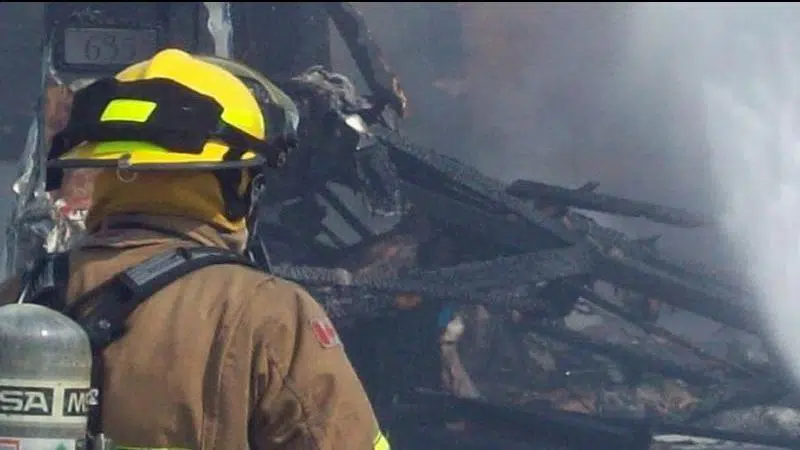
Province cuts firefighter training grant
RED DEER, AB. — Municipalities throughout the province may face some troubles funding firefighter training, now that the Alberta Government has cut a grant designed to support external training programs.
The $500,000 annual Alberta Fire Services Training grant was initially created in the early 2000’s to create a collaborative agreement between fire departments, and to fill the gaps in firefighter training funding.
Municipalities are in charge of funding their fire departments and services, but the grants gave the municipalities some extra resources. The funds were used for a multitude of training programs, including rescue, fire fighting, and hazardous material response training.
Alberta Fire Chiefs Association (AFCA) President Randy Schroeder says in the past 15 years or so, the extra funding helped a lot of fire services.


